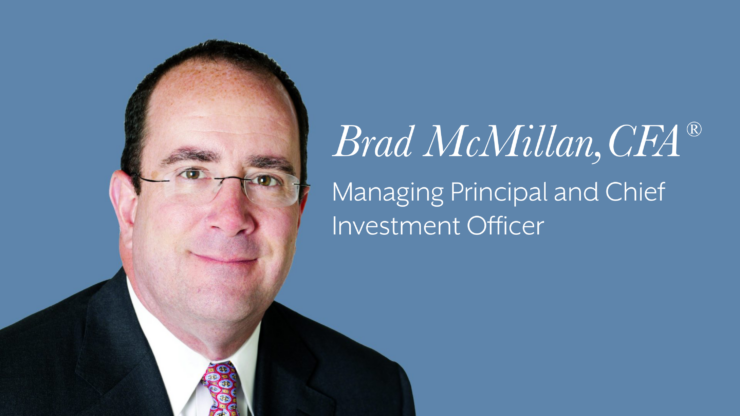A Financial Advisor’s Point of View: What & When to Teach Your Kid’s About Money
June 13, 2019
As every father or mother knows, being a parent can be challenging. There are so many important aspects in life you need to share so that your child is ready to leave “the nest” and become a self-sufficient adult. Some of those lessons revolve around money.
I would describe the core money lessons in three categories: budgeting, investing, and developing a healthy attitude to money/values. While countless books have been written on this subject, I will break it down into about 500 words.
Most people don’t talk about money with friends, co-workers, and even immediate family members. Further, many parents think their children will learn all they need to know about personal finance in school. While school may teach your kids some basics, my belief is that these lessons need to be reinforced at home. My take is that in order for our children to be independent when they leave the nest, we need to talk more openly about money and how to manage it wisely. Not only will this benefit your kids but it will also teach them how to teach their children and so on. Here are some suggested age-appropriate activities to help you teach your kids about money.
Teaching Your Children About Money
Ages 5–9
- Help younger children count money.
- Divide allowance into savings, spending, and charitable giving.
- Explain how your parents earned a living and how you have earned a living, including your teenage years if you worked.
- Explain the cost of various activities or school supplies.
- Go to the bank with your child and open a Uniform Transfers to Minors Act (UTMA) bank account for their savings.
Ages 10–14
- This is a great time to discuss budgeting and the importance of living below your means. Turning this into a habit is a foundation block for building wealth.
- Set up a brokerage account with part of their allowance and buy stock in a company that your children know (e.g., McDonald’s, Walmart, Disney, etc.). Encourage them to take a long-term view but also use a stock price decrease as a learning experience to help them feel more comfortable with volatility. Compare the brokerage statement to the bank statement to illustrate risk/reward. Alternatively, the use of an online investment firm such as Stash, which encourages investors to build good financial habits for life, may be a good fit for this age group. Unlike automatic alternatives, Stash empowers investors to think about their views, share ideas with friends, and create their own personalized investment approach.
- With digital savvy kids, consider a mobile banking app designed for teens. With investors including Stripe, Will Smith’s Dreamers fund, Jeffrey Katzenberg, and Ronnie Lott, Step is a company that is aiming to give teenagers autonomy (or at least the feeling of it: parents can still monitor and put controls on an under-18 account, as well as pay funds into it) through providing bank accounts with spending cards along with financial education.
Ages 15–21
- Continue focusing on budgeting. For example, help them figure out how to spread their summer income throughout the entire year. Or, if they are attending college, show them how to use this income to fund their extracurricular activities.
- Even if you are footing the bill for an apartment and utilities while your child is at school, use the invoices as a learning experience so they can realize the true costs of independence.
- While they may charge items if attending college, show them that it is important to pay off the debt every month to avoid the high-interest costs, live within a budget and that using credit requires responsibility and accountability.
While this may all seem like a lot, don’t let this important parental responsibility become daunting, especially if you have your own financial difficulties. Look for teachable moments throughout your day. With your guidance, your children will learn to make smart choices, understand risk and reward, and value theirs and your hard-earned income.
Let the Financial Advisors of Williams Asset Management help with your wealth management needs. Whether you need comprehensive and holistic financial planning or investment management, we can help! We are fee-based, independent financial advisors located in Columbia, the heart of Howard County, Maryland. Schedule your complimentary consultation today by calling (410) 740-0220!
Disclosure: I currently have positions in Stripe and Step.


